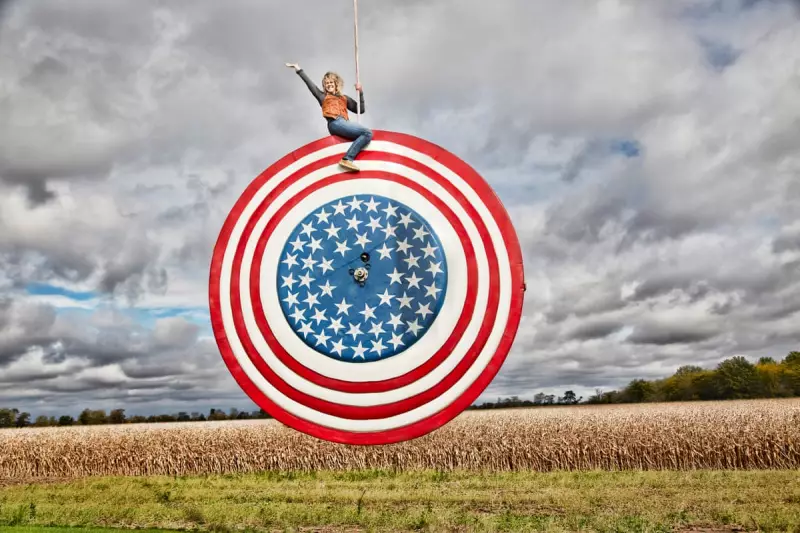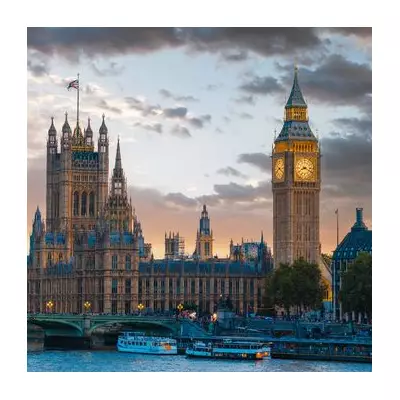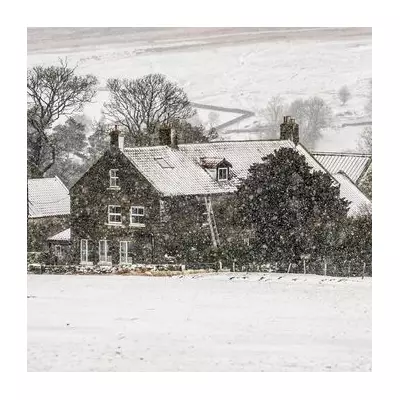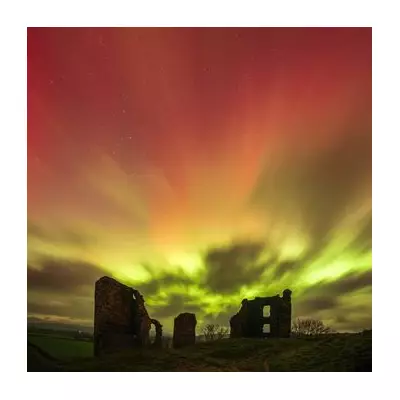
Seven decades of human extraordinariness are being celebrated as the Guinness World Records marks its platinum anniversary this year. What began as a solution to settle pub arguments in 1955 has evolved into the global authority on human achievement and natural wonders.
From Humble Pub Beginnings to Global Phenomenon
The fascinating journey started when Sir Hugh Beaver, managing director of Guinness Breweries, wondered whether the golden plover was Europe's fastest game bird during a shooting party. Realising such debates were common in pubs across Britain, he commissioned the first book of facts - which became an instant bestseller upon its release in 1955.
A Visual Feast of Human Capability
The anniversary collection features stunning photography that captures the essence of record-breaking through the ages. From the seemingly impossible physical feats to the wonderfully bizarre, the gallery showcases:
- Historical milestones from the earliest recorded achievements
- British record holders who have put the UK on the global map
- Evolution of records showing how categories have changed over seven decades
- Cultural impact of the world's most trusted record-keeping organisation
Britain's Legacy in World Records
The United Kingdom has played a pivotal role in the Guinness World Records story, not just as its birthplace but as home to countless record holders. British achievements span from sporting accomplishments to scientific breakthroughs, many featured prominently in the anniversary celebrations.
More Than Just Records - A Cultural Touchstone
Over 70 years, Guinness World Records has become embedded in global culture, inspiring television shows, educational programmes, and countless aspirants to push beyond perceived limitations. The anniversary celebration serves as both a retrospective and a looking glass into future possibilities of human achievement.
The continuing appeal lies in its celebration of both the exceptional and the accessible - reminding us that extraordinary achievements often begin with ordinary curiosity, much like that fateful pub conversation seventy years ago.





